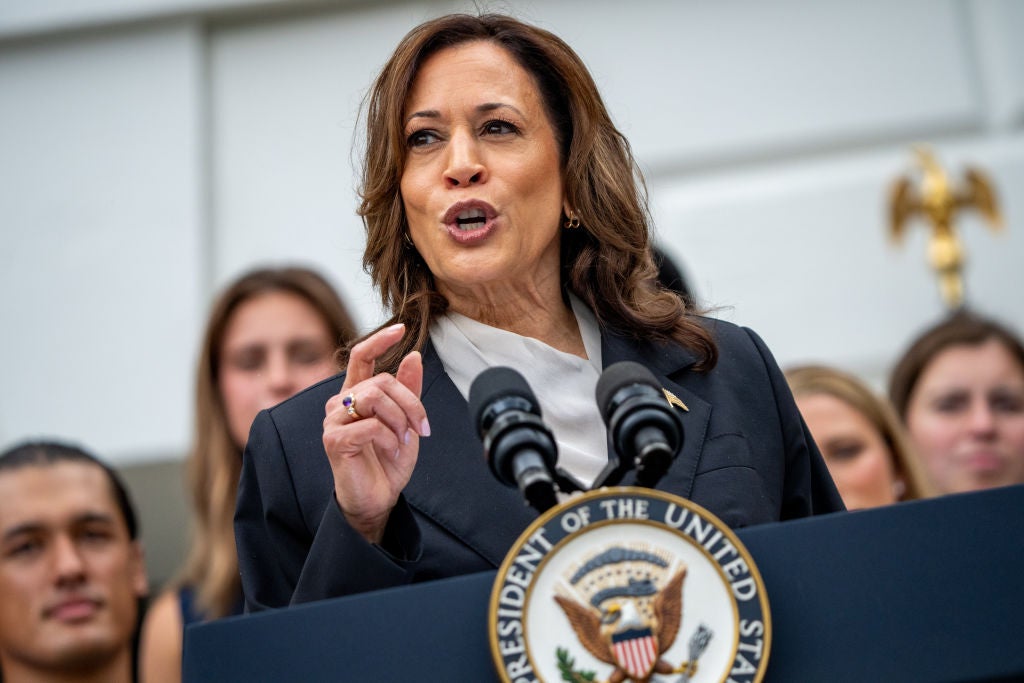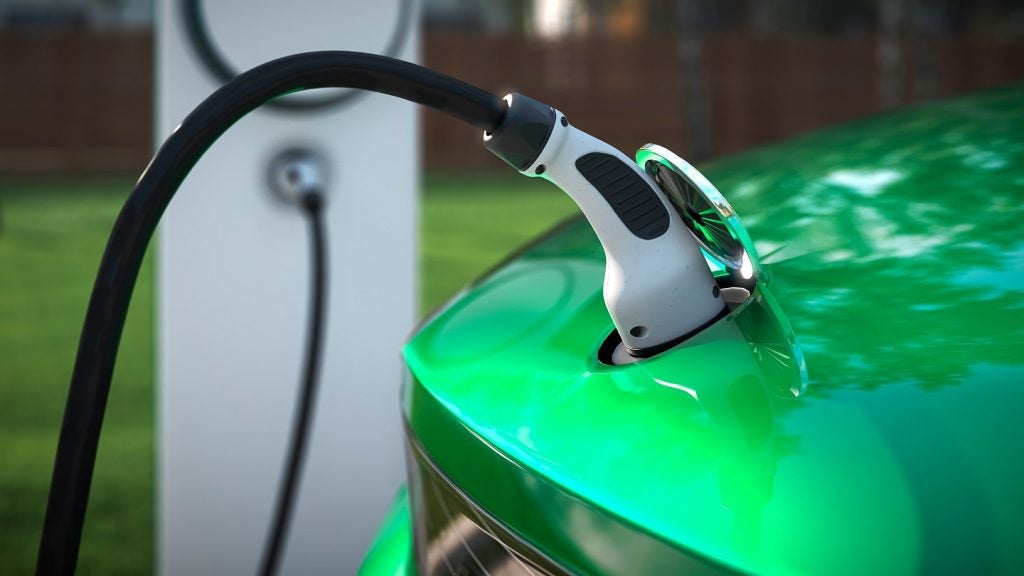
Businesses could be putting their sustainability goals at risk if they do not handle electric vehicles (EV) adoption carefully, warns Volkswagen Financial Services (VWFS) Fleet.
Fleet adoption of EVs is continuing at pace – with 67% of all battery electric car sales in 2022 purchased by fleets and businesses. Despite this, employers need to be wary of EV-only policies to reduce emissions before drivers are on board, as they could have the opposite effect.
Many drivers are still unsure of the new technology, as well as having concerns about range and charging anxiety.
David Watts, Fleet Product Manager for Electric Vehicles at VWFS Fleet commented: “Although the transition to EVs is a future inevitability, for many fleets, this is still a work in progress. If employers push EVs too quickly, without a clear and effective driver adoption strategy and policies in place it can have a number of unintended adverse sustainability consequences.
“Of course, the intention behind switching to an EV-only car policy is well-meaning. However, there will be drivers who don’t want an EV or who might feel it’s too difficult to live with. And if employees feel pushed into having an EV before they’re ready, and there’s a cash allowance alternative in place, there’s a chance they’ll opt out of the EV scheme and choose this instead.
“This is obviously concerning, as employers have less control over the vehicles employees choose under a cash allowance scheme, and the average vehicle selected will typically be significantly older and more polluting than those offered under company car schemes. A lot of that is down to cost.
How well do you really know your competitors?
Access the most comprehensive Company Profiles on the market, powered by GlobalData. Save hours of research. Gain competitive edge.

Thank you!
Your download email will arrive shortly
Not ready to buy yet? Download a free sample
We are confident about the unique quality of our Company Profiles. However, we want you to make the most beneficial decision for your business, so we offer a free sample that you can download by submitting the below form
By GlobalData“What this means is that while an EV-only car scheme on paper looks great for reducing a business’ Scope 1 (direct) emissions, employers are likely to actually see an increase in Scope 2 & 3 (indirect) emissions instead. The net result will actually likely see businesses worse off from a sustainability perspective than if they’d allowed people to access an ICE through the company car scheme in the first place.”
Incentivising vs. enforcing – the route to reduced emissions
Instead of pushing for EV-only company cars at this stage, David suggests there are a number of alternative strategies that employers can adopt to reduce all emissions (beyond just Scope 1) more effectively.
“Importantly, resolving this issue isn’t just about removing the cash allowance benefit, as this can have a number of adverse effects on employee engagement. Instead, employers should look at how they can add an element of control to the vehicles they allow to be driven for business purposes. For example, this may include tightening up the criteria of vehicles that employees can claim mileage on by introducing a maximum age and maximum emissions”, he said.
“Ultimately, though, getting EV adoption right is all about driver engagement. Employers need to be proactive about this by gathering feedback from employees, conducting surveys and educating drivers on EVs and the reality of living with them. They also need to openly communicate the benefits of EVs and take the time to carefully dispel the myths surrounding them”, he added.
David concluded: “Once you have driver buy-in, you can begin to increase EV uptake through company car schemes, without risking an increase in the uptake of cash allowance schemes,” concludes David. VWFS Fleet has a number of tools to help businesses and drivers make the switch to electric vehicles.”
DriverCheck appoints New MD as it prepares for expansion






